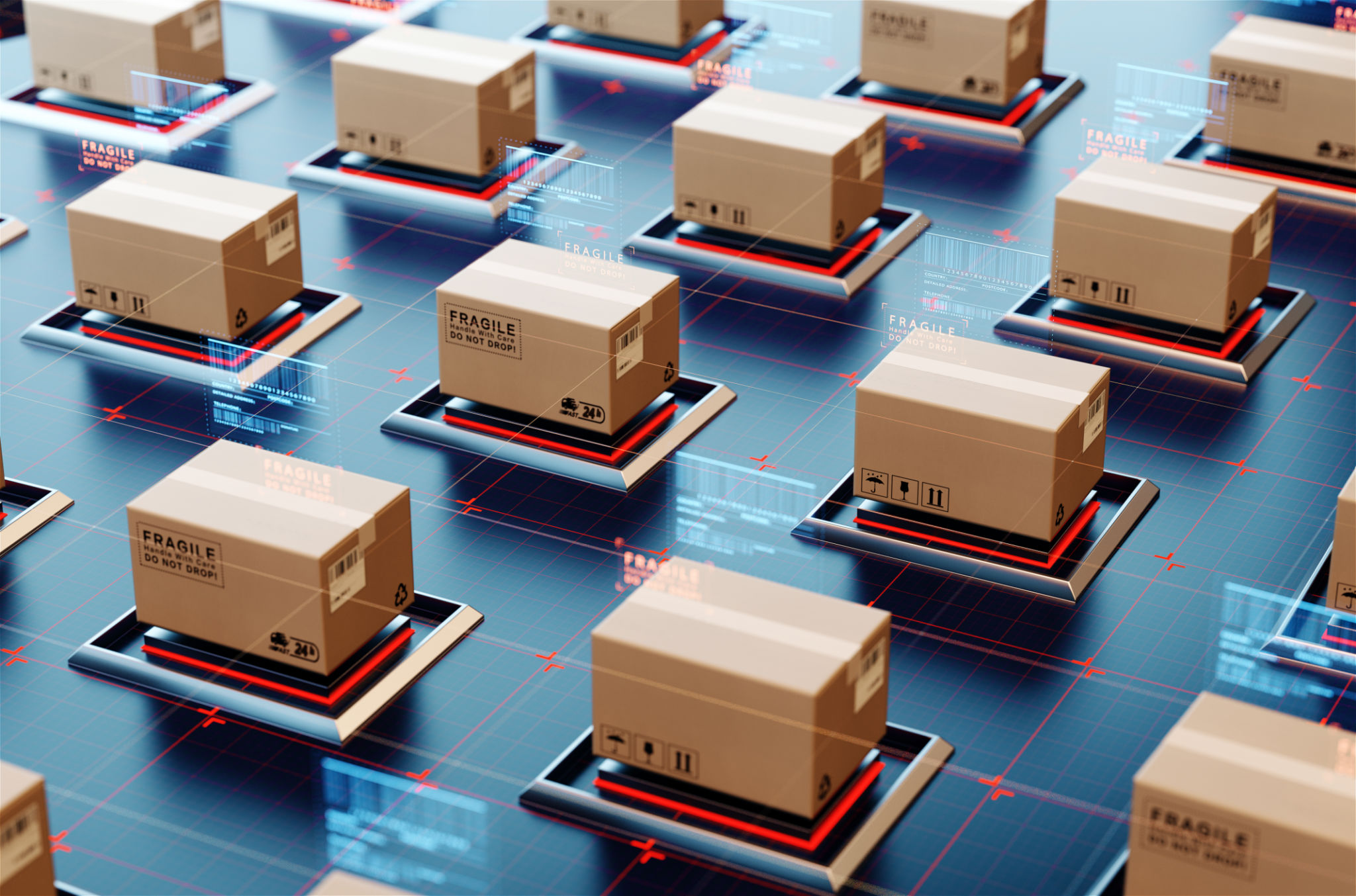How Emerging Technologies Are Revolutionizing Supply Chain Management
To
The Digital Transformation of Supply Chains
In today’s fast-paced global economy, supply chain management is undergoing a significant transformation thanks to emerging technologies. These advancements are not only enhancing efficiency but also driving down costs, improving accuracy, and fostering better collaboration among partners. As businesses strive to remain competitive, understanding how these technologies are revolutionizing supply chains is crucial.

Artificial Intelligence and Machine Learning
Artificial Intelligence (AI) and Machine Learning (ML) are playing pivotal roles in optimizing supply chains. These technologies enable predictive analytics, which helps businesses forecast demand more accurately and optimize inventory levels. By analyzing historical data and identifying patterns, AI and ML can predict potential disruptions and suggest proactive measures to prevent them.
Moreover, AI-powered chatbots and virtual assistants are being deployed to streamline communication across the supply chain. They facilitate real-time updates and provide valuable insights, allowing companies to make informed decisions quickly.
The Rise of Blockchain Technology
Blockchain technology is making supply chains more transparent and secure. This distributed ledger system enables tracking of products from origin to end consumer, ensuring authenticity and reducing fraud. Blockchain’s ability to provide a tamper-proof record of transactions enhances trust among supply chain participants.

Furthermore, smart contracts on blockchain platforms automate various processes, reducing the need for intermediaries and minimizing errors. This not only speeds up transactions but also cuts down operational costs significantly.
Internet of Things (IoT) Integration
The Internet of Things (IoT) is another game-changer in supply chain management. IoT devices, such as sensors and RFID tags, provide real-time data on the condition and location of goods. This level of visibility allows companies to monitor shipments closely and respond promptly to any issues that arise.
By leveraging IoT, businesses can enhance asset tracking, improve warehouse management, and increase overall operational efficiency. The ability to monitor environmental conditions ensures product quality throughout the supply chain journey.

Robotics and Automation
Robotics and automation are reshaping warehouse operations by handling repetitive tasks with precision and speed. Automated guided vehicles (AGVs) and robotic arms are being used for tasks like picking, packing, and sorting, which reduces labor costs and human error.
The integration of robotics with AI further enhances their capabilities, making them adaptive to dynamic environments. This shift towards automation allows human workers to focus on more complex tasks that require critical thinking.
The Future Outlook
As these technologies continue to evolve, their impact on supply chain management will only grow stronger. Companies that embrace these innovations will likely gain a competitive edge by improving their operational agility and responsiveness to market changes.
In conclusion, emerging technologies are not just transforming supply chains—they are setting new standards for efficiency and collaboration. Staying ahead in this digital era requires businesses to adapt rapidly and harness the power of technology to drive their supply chain strategies forward.
